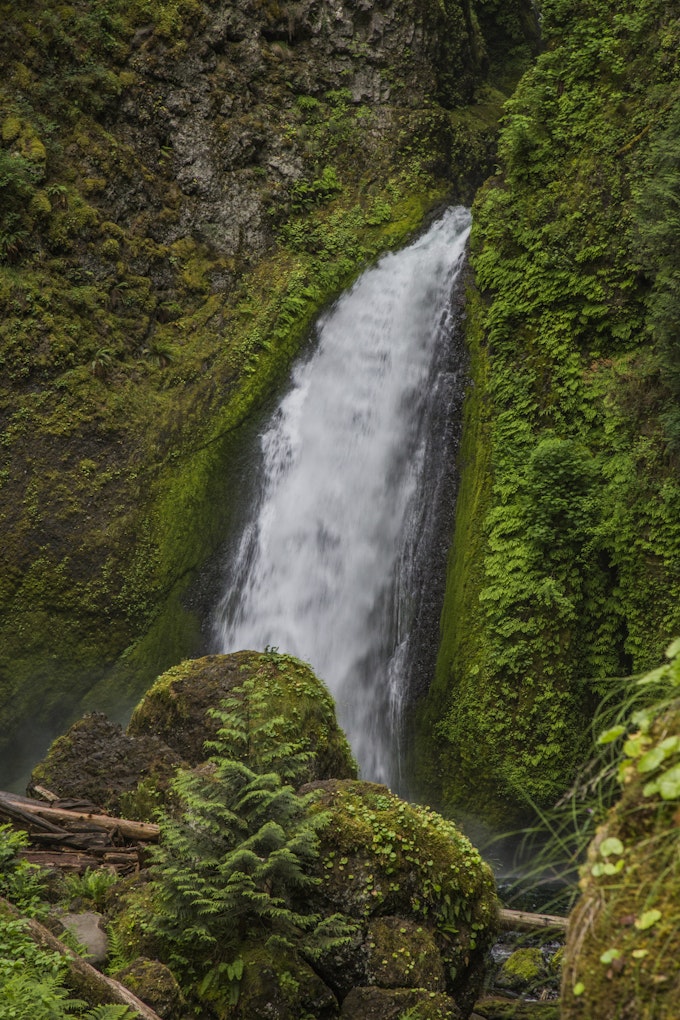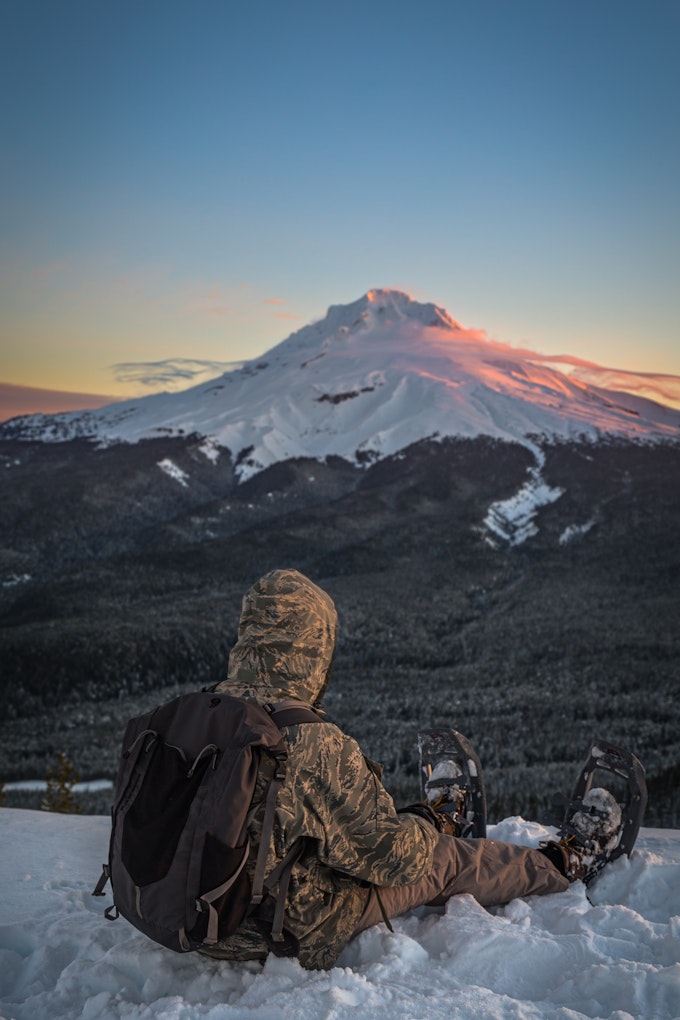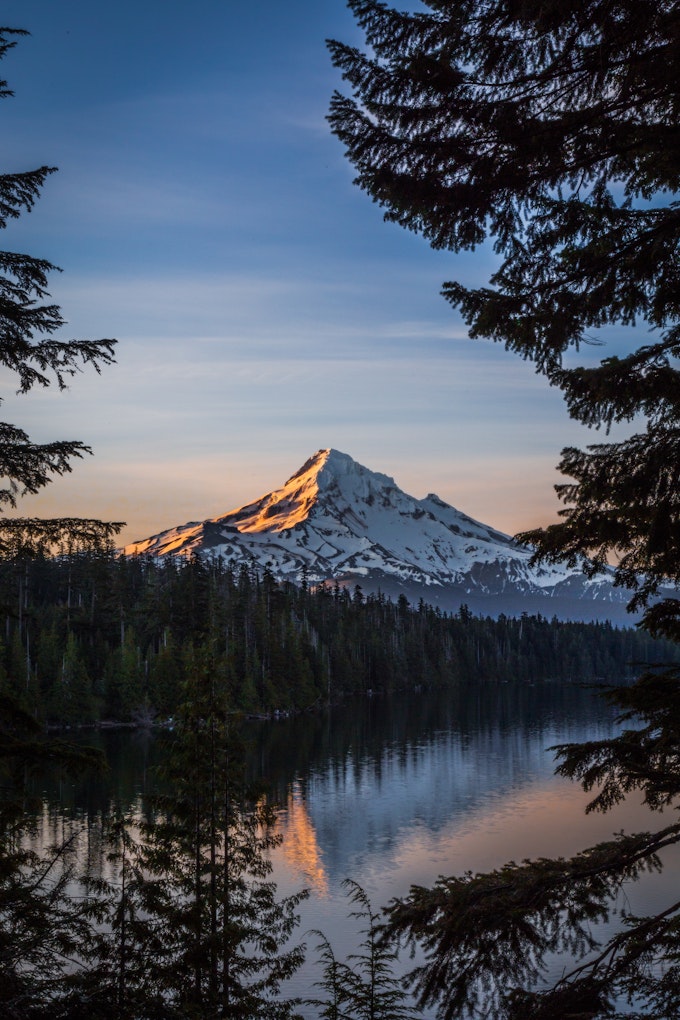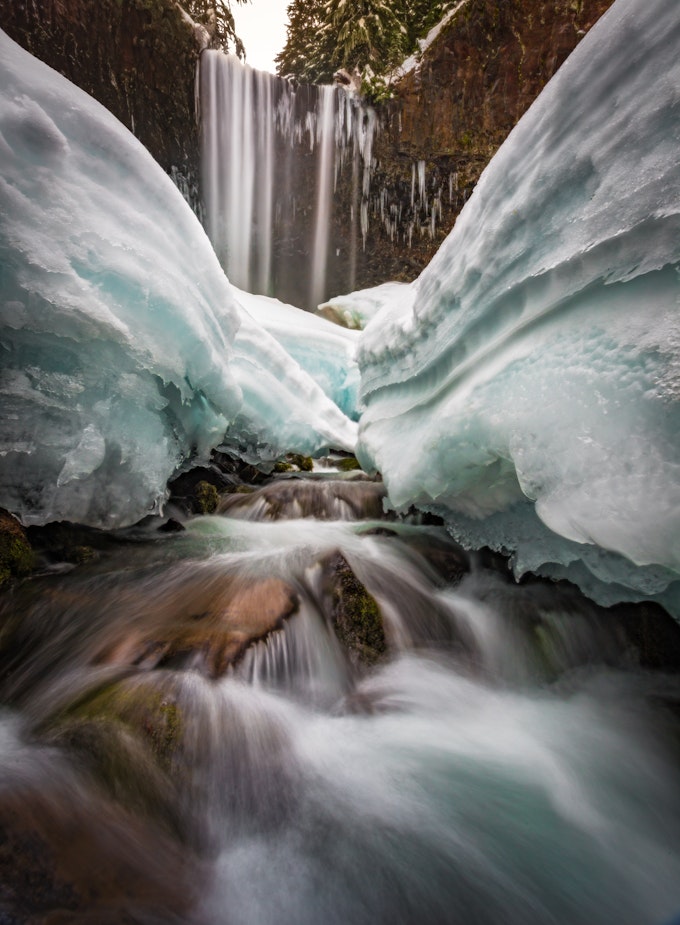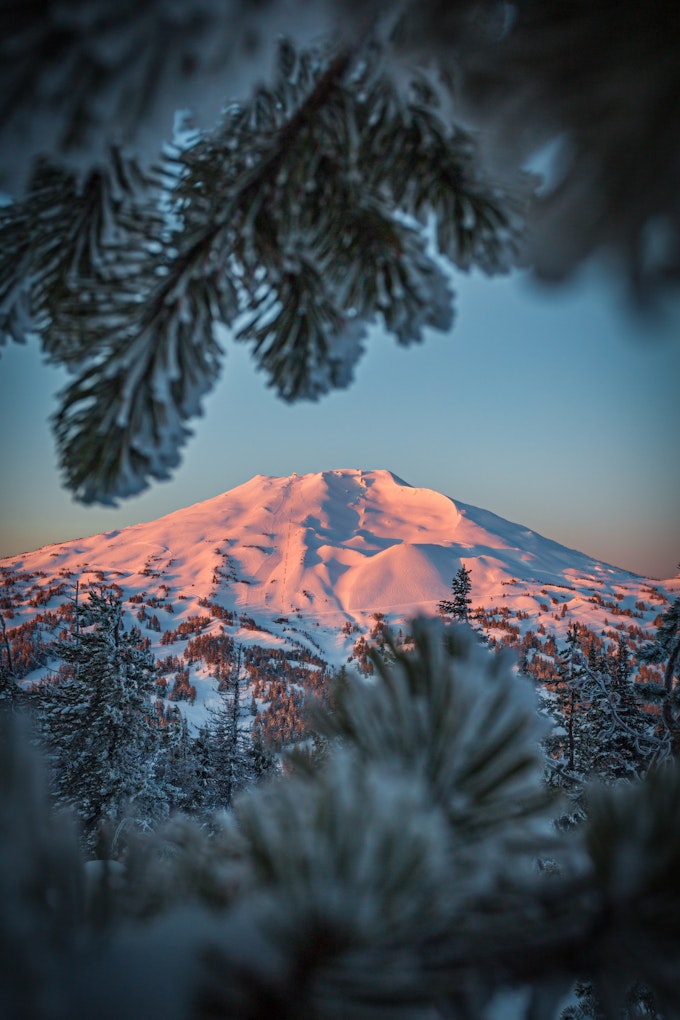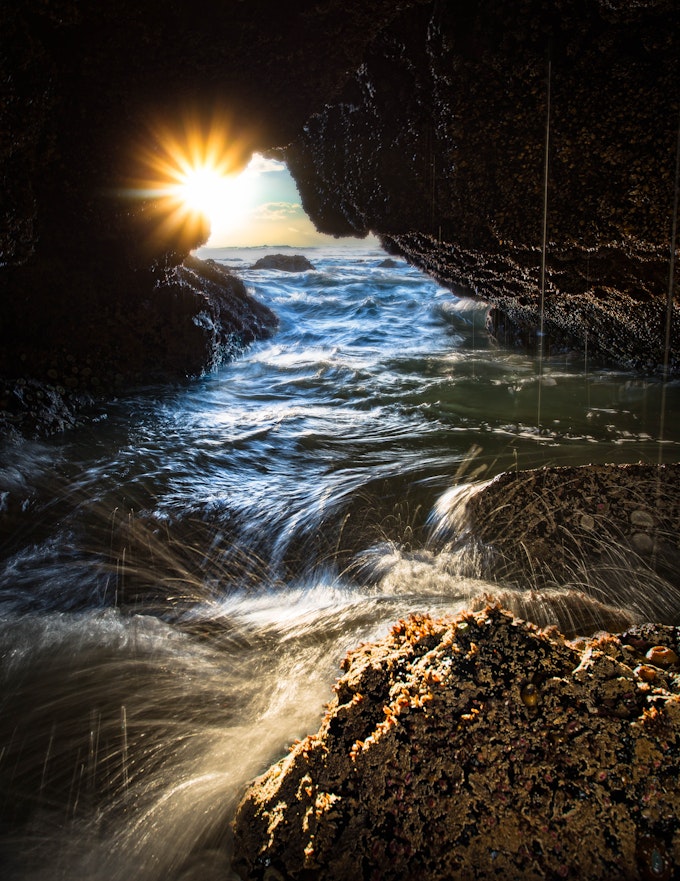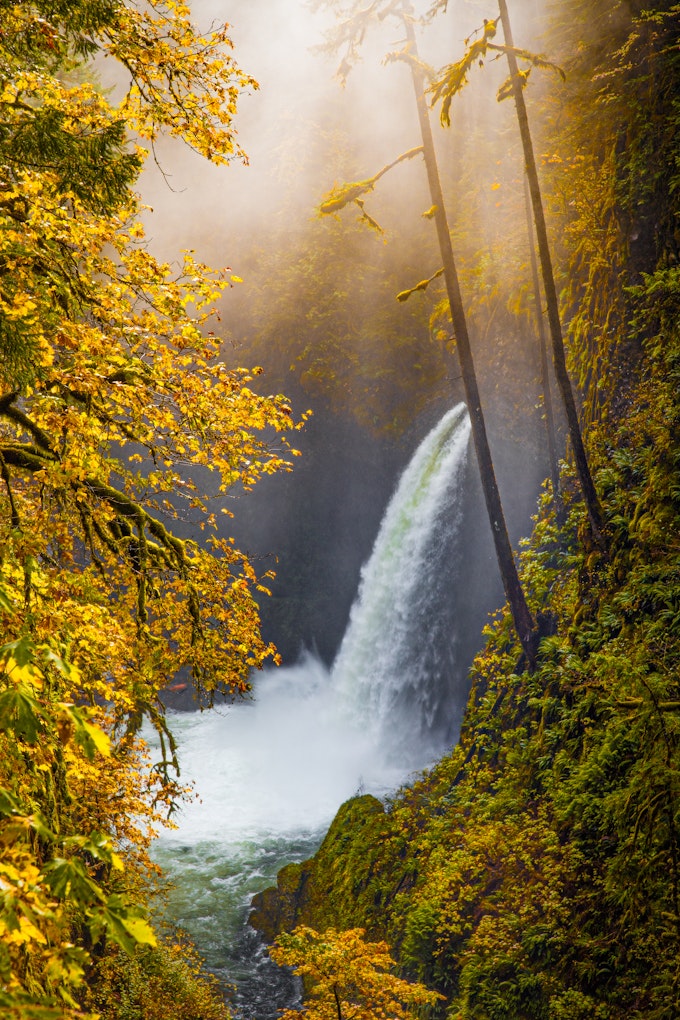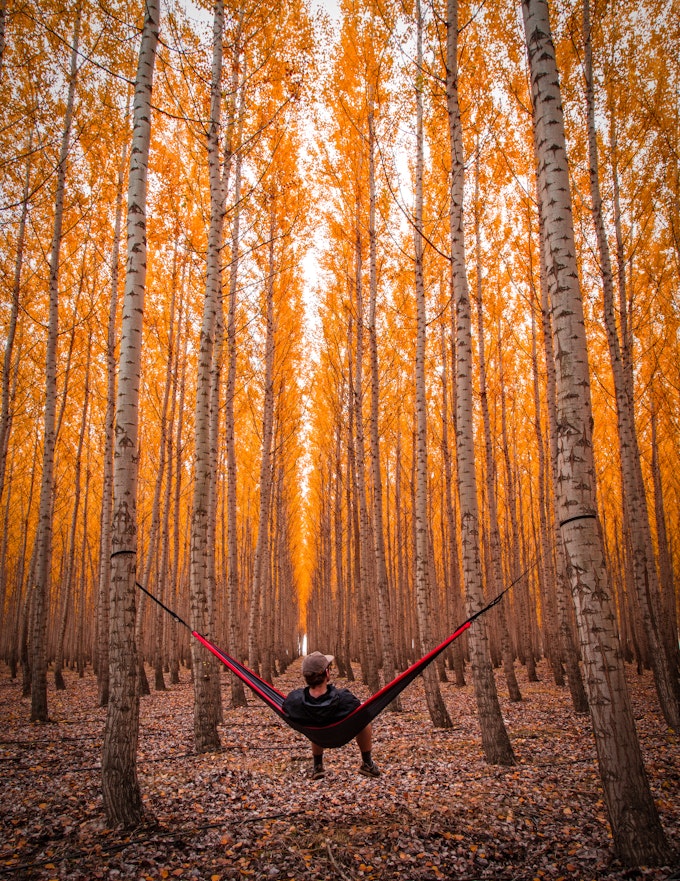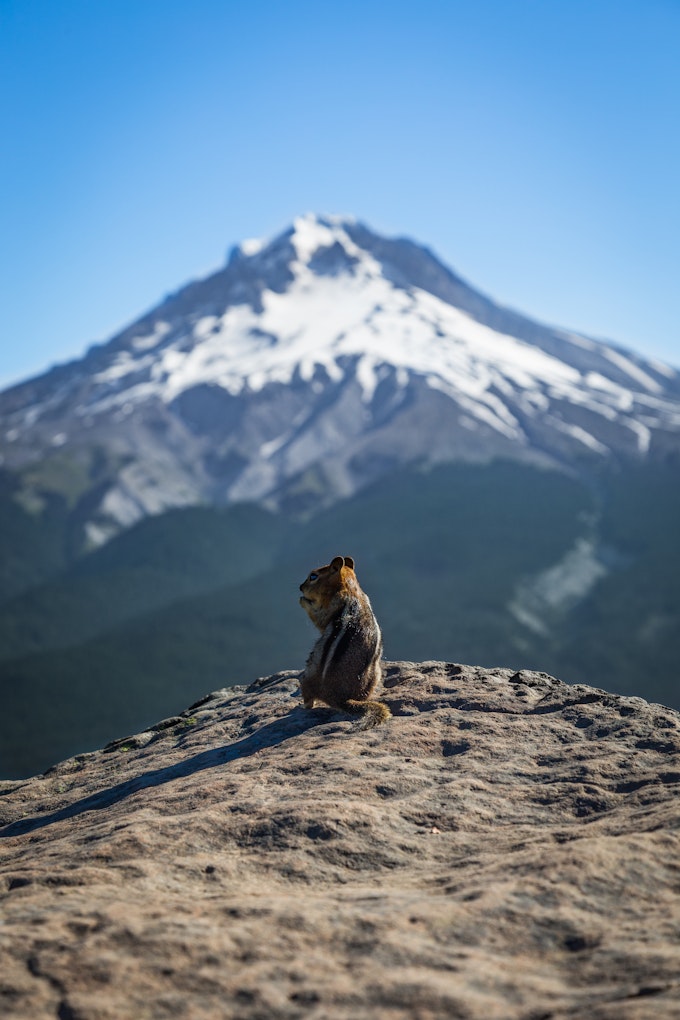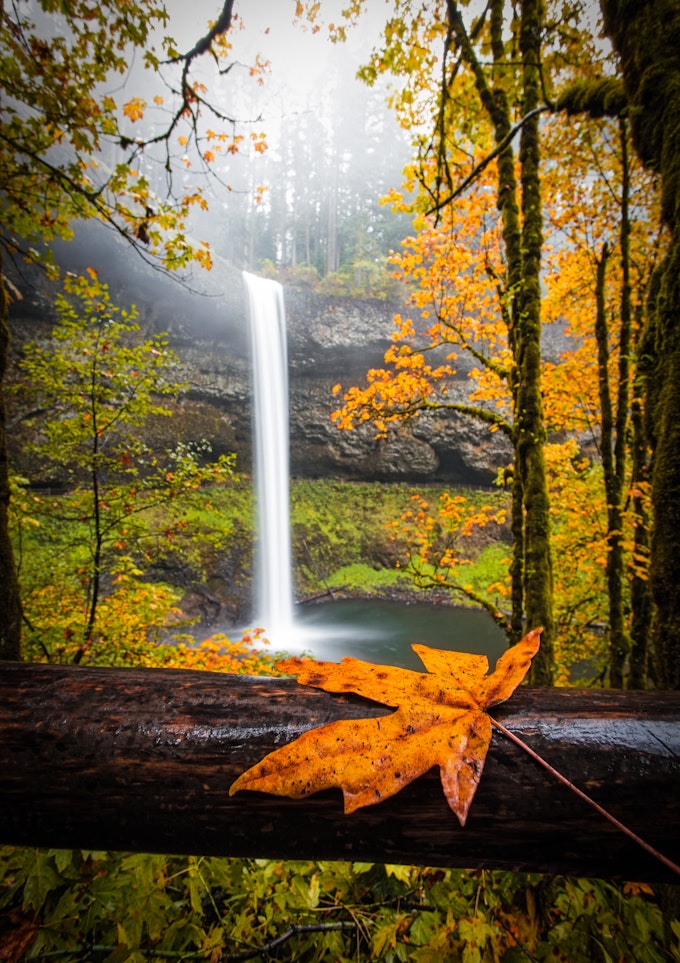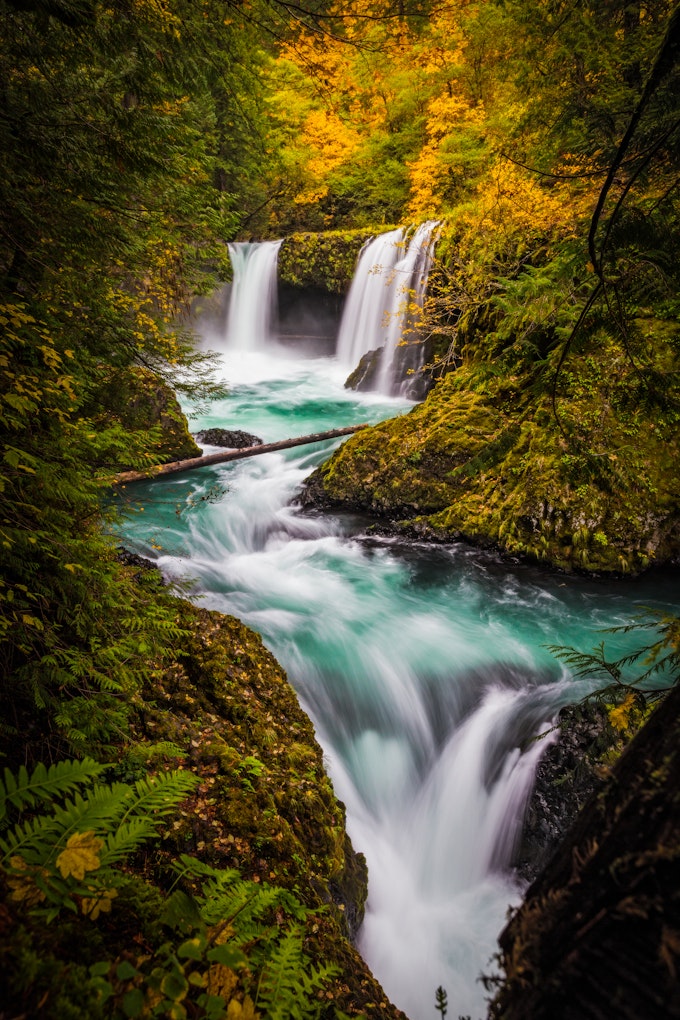How I Drastically Improved My Photography in Just 1 Year
The road wasn't easy, but it sure was worth it.
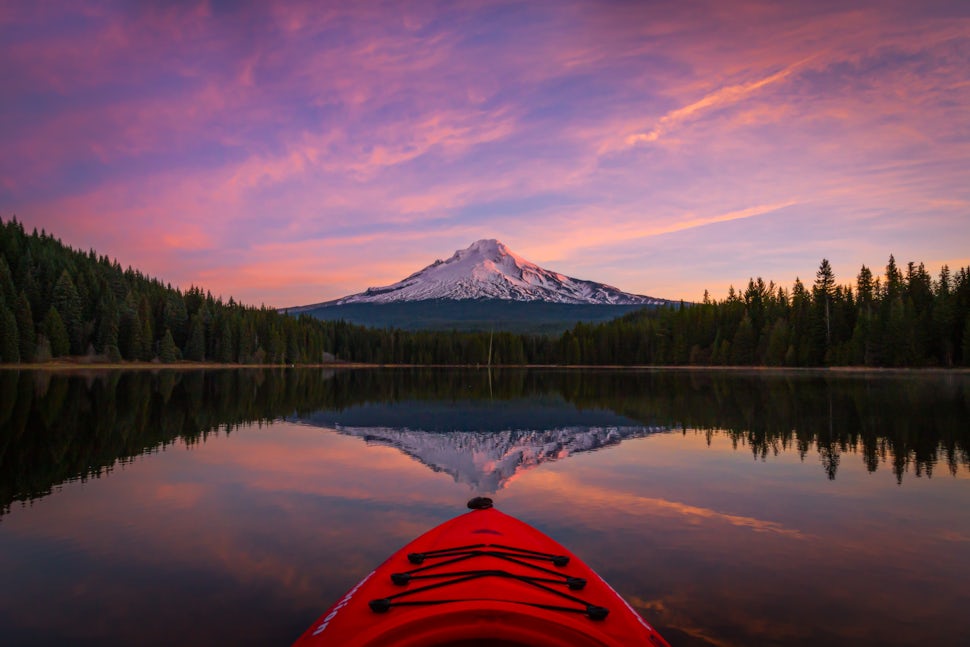
I have really only been seriously into photography for about a year now. I purchased my first full frame camera shortly after I started photography last March, and have been all about it since then. Shooting on nearly every weekend or before/after class chance I get, I consider it my main hobby at this point. However, I didn't get to where I am today by pure luck. While I do still have a lot to learn, and I am a firm believer that everyone is always still learning and improving, here are the improvements I have made in just a year.
Here are two images I took at the same location, about 10 months apart. These images are both processed to my best ability at the time I took it.
Taken May 2016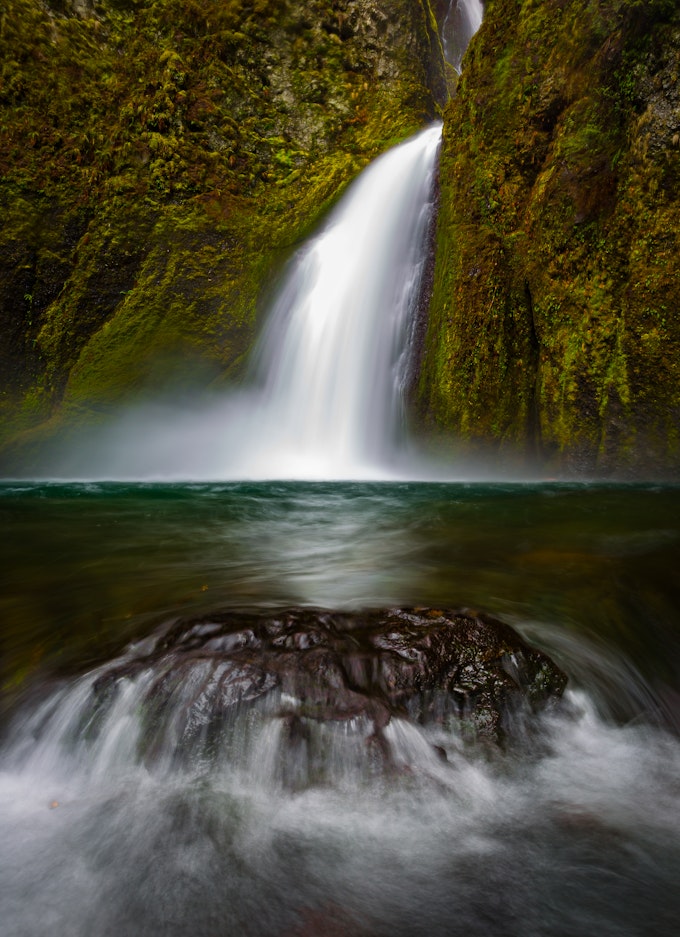
As you can see, there is a huge difference. While these aren't my most exciting photographs, I am sure that we can agree that the more recent photo is much, much better than the one taken in May of 2016. As I stated before, the road wasn't easy, but it sure was worth it!
The road to improving your photography comes in many steps. I would like to preface this article by saying that I am not knocking on anyone who has been doing photography for a long time, and not coming up with the results they want. Rather, I hope you use this guide to help you get to a point you want to be in.
Hang out with people better than you. ASK QUESTIONS!
I can't stress this point enough. This is a tip that works for just about anything you do. If you want to be a professional athlete, chances are, if you hang out with and practice the same things as the other professional athletes, you'll improve much quicker. In art school, we secretly have the rule that you always sit next to someone better in class. The lesson here is that every person can teach you something. Hanging out with people who you deem better than yourself will allow you to learn some of their tips and tricks, and you can add this to your skill set. And always, always, always ask questions. And no, I don't mean the "What are your settings?" questions. I mean specific questions. "How did you make this effect? How do you sharpen your photos? How do you do ___?" Ask specific questions!
If you are better than the people you are hanging out with, teach!
Even if you think you can't learn anything from the person you are with, you can teach them what you know. Teaching is one of the best ways for our human brains to help retain knowledge, so sharing your knowledge will just help reinforce it in your own brain. And who knows, maybe you will learn something you never expected.
Experiment.
Spend days just messing with settings in Photoshop or Lightroom. Take compositions in the field that are goofy, just to see if they might work. I can't tell you the amount of times that I have been randomly browsing about Photoshop and found an effect that I later used in one of my photos. Experimenting is an excellent way to learn.
Watch videos/tutorials.
It is 2017, and it's time to get rid of your dial up internet. The internet has a tutorial for anything you could dream of and more. From really detailed videos on a particular part of Photoshop to general Lightroom classes, you can find nearly anything you need. This is an excellent way to learn effects individually.
Get up early!
If you plan on sleeping in until 11 AM every morning, going out and taking photos for an hour, and then expecting your results to be amazing, think again. As much as many people hate to hear it, I can tell you that at least half of my best photos are taken before 7 AM. And that usually means waking up at 3 or 4 AM to drive and then hike in the dark to a spot. If you really want to learn, you're going to need motivation.
Shoot all kinds of photography.
This will help you to learn the in's and out's of your camera quickest. While I am most drawn to landscapes, and how people interact with nature, I have done so many other types of photography. Studio, portrait, skateboarding, product shots, and so many other types have helped me really learn the in's and out's of my camera. Once you really get a hang of it, this might not have the biggest impact, but for a rookie, this is a very good idea!
If opportunity doesn't knock, build a door.
And trust me, opportunity likely won't knock. You are going to have to put yourself out there and get in uncomfortable situations if you want to improve. If you want to shoot for a particular company, send them an email. Don't expect them to come find you. Always be looking to put yourself out there for others to see.
If you want a social media presence, you need a niche.
Don't expect your Instagram account to get to 100k followers in a month. At the same time, don't expect that if you post photos from every easy to reach viewpoint that you will become Insta-famous. You need to have a niche that is somewhat original. Make a name for yourself, and get people excited and talking about you. Is your specialty night time photos? Do you really like waterfalls? Maybe you are more of a lifestyle photographer. These are all things you will figure out. For example, people in my area that know of me would say "Oh, Austin Jackson! You mean the guy who wetsuits up icy rivers?"
Go back to the same locations multiple times.
I can't even count how many times I have done some of the hikes near me. Going back to the same location is great because it forces you to really work on your composition. It makes you find a different composition and be more creative every time. Not only that, but different weather, seasons, and temperature can all drastically change your photo. I have revisited some of my favorites spots as many as two dozen times in the past year.
Don't become frustrated if your photos don't turn out!
If it is pouring down rain and all of your photos are covered with water spots, so what? You had a fun day hopefully. Always look at the positives. Don't let bad photos ruin a good day in the great outdoors.
Last but not least, I will finish my story by saying that as with anything, practice makes perfect. If you really want to succeed and get the photos you want, you have to put in the time. Don't expect that by reading all the guides on the internet that you will be a pro. It times time in the field, and time at home. And remember, nothing worth having comes easy!
We want to acknowledge and thank the past, present, and future generations of all Native Nations and Indigenous Peoples whose ancestral lands we travel, explore, and play on. Always practice Leave No Trace ethics on your adventures and follow local regulations. Please explore responsibly!
Do you love the outdoors?
Yep, us too. That's why we send you the best local adventures, stories, and expert advice, right to your inbox.


